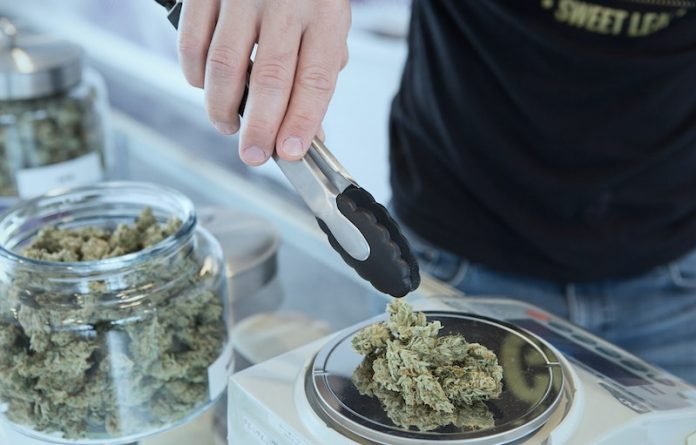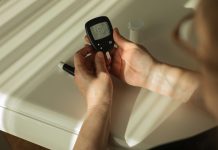
Scientists from Johns Hopkins Medicine tested more than 100 topical cannabidiol (CBD) products available online and at retail stores.
They found big evidence of inaccurate and misleading labeling of CBD content.
They also revealed that some of these nonprescription products contained amounts of delta-9-tetrahydrocannabinol (THC), the main active ingredient in cannabis that can cause a “high,” including some products that claimed to be free of THC.
They further found that some of the CBD products made therapeutic claims not approved by the U.S. Food and Drug Administration (FDA).
The research is published in JAMA Network Open and was conducted by Tory Spindle et al.
According to the National Institutes of Health’s National Center for Complementary and Integrative Health, CBD and THC are the most commonly known compounds in the plant Cannabis sativa.
A key difference between the two is that THC can produce a psychoactive “high” effect at high doses, whereas CBD doesn’t.
Under the Agriculture Improvement Act of 2018 (the Farm Bill), CBD products that contain less than 0.3% of THC are not considered federally illegal substances.
In the study, the team purchased 105 CBD topical products—including lotions, creams, and patches—online and at brick-and-mortar retail locations in Baltimore, Maryland.
Products were tested using a technology called gas chromatography-mass spectrometry to identify the actual amount of CBD and THC they contained.
The team found only 89 (85%) of the 105 tested products listed the total amount of CBD in milligrams on the label.
Of the 89 products, 16 (18%) contained less CBD than advertised, 52 (58%) contained more CBD than advertised and 21 (24%) were accurately labeled.
On average, the in-store products contained 21% more CBD than advertised and the online products contained 10% more CBD than advertised, though CBD label accuracy varied widely across products.
THC was detected in 37 (35%) of the 105 products, though all were within the legal limit of 0.3%. Four (11%) of those 37 were labeled as “THC free,” 14 (38%) stated they contained less than 0.3% THC and 19 (51%) did not reference THC on the label.
Of the 105 products, 29 (28%) made a therapeutic claim, mostly about pain/inflammation, 15 (14%) made a cosmetic/beauty claim (e.g., that they alleviate wrinkles or nourish/improve skin) and 49 (47%) noted they were not FDA approved.
The other 56 (53%) products made no reference to the FDA.
The team says the variability in the chemical content and labeling found in our study highlights the need for better regulatory oversight of CBD products to ensure consumer safety.
The study authors also caution that people should check with their health care practitioner before starting any CBD regimen.
If you care about cannabis, please read studies about cannabis hemp oil may treat chronic neuropathic pain and heavy cannabis use may decrease the incidence of diabetes.
For more information about cannabis, please see recent studies that high-potency cannabis may affect your memory functions, and results showing cannabis could help fight resistant bacteria.
Copyright © 2022 Knowridge Science Report. All rights reserved.



